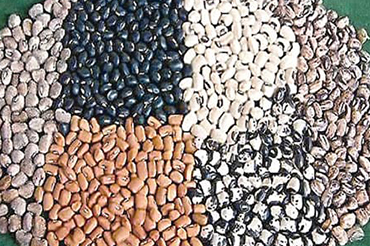- Biotechnology experts call for urgent adoption of Bt crops
The newly released Bt cowpea facilitated by the Open Forum on Agricultural Biotechnology (OFAB) is expected to generate over $638 million into the Nigerian economy within the next six years through its sales alone.
Rose Gidado, county director of the biotechnology organisation made the disclosure during a recent training session on science reporting, organised by OFAB platform.
Stressing the need for Nigerians to harness the opportunities and value chain in biotechnology, Gidado noted that its exploitation would not only enrich the country’s food system but also tackle the high importation challenge confronting the country. She added that buoyed by the current foreign exchange rate, Nigeria can actualise not lesser than $8.6 million annually on Bp cowpea, amounting to $638 million in six years.
The country director further said that the adoption of biotechnology has become imperative to guarantee sustainable food production and reduce importation to the barest minimum. According to her, the majority of the countries where Nigeria imports food have adopted the technologies to commercialise their food productivity and Nigeria shouldn’t be found wanting during this period of agricultural advancement.
She asserted that growing Bt cowpea will make Nigeria economically vibrant in terms of farmers’ empowerment, nutritional value and also serve as a beneficial diet for people with diabetes.
“There is just so much about Bt cowpea, and that is why Brazil and Argentina have gone far in food security,” she said.
Speaking in the same vein, director general, National Biotechnology Agency (NABDA) emphasised on the importance of Nigeria joining the community of nations already using biotechnology innovations to better their food productivity system towards security and empowerment.
Mustapha disclosed that bt cotton and cowpea crops have been commercialised into the seed system of the country but needs to be readily adopted by the farmers, adding that no other nation would ever come to solve Nigeria’s food challenges and it is left for the country to have a rethink on adopting improved technologies adaptable to its ecologies through the science of Genetically Modified Organism (GMO).
The NABDA director general also enjoined Nigerian journalists to harness their professionalism towards educating and enlightening the public, particularly the farmers on the relevance of bt seeds in boosting their agricultural productivity. He also emphasised the need for research institutes to collaborate with the media to enable the dissemination of biotechnology research and its relevance to food security, wealth generation and job creation.
This article was written by Onome Amuge for Business AM Live.



















































































